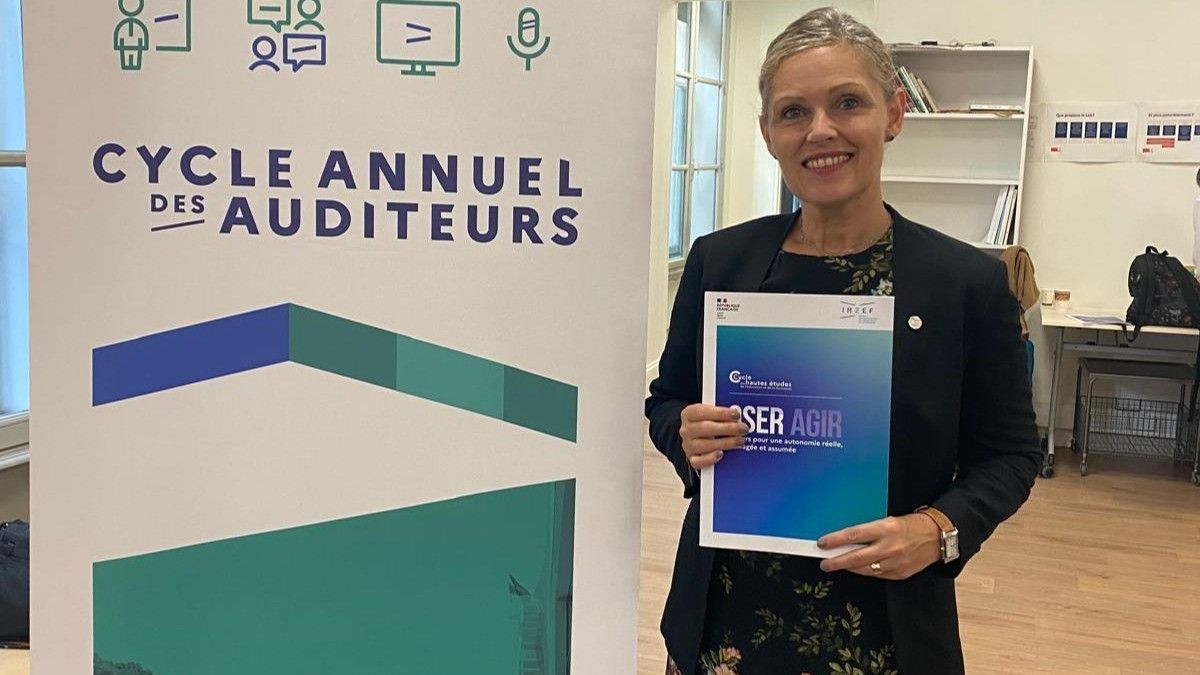Everything we do is ment to get us closer to HAPPINESS!
Exploring the 14 Elements of Happiness: A Journey into Michael Fordyce's Theories
Hello, friends and colleagues,
I'm excited (and a bit apprehensive) to embark on a journey that blends curiosity, doubt, and a deep commitment to evidence-based practice.
Over the next few weeks, I’ll be sharing a series of articles where I put the theories of Michael Fordyce, a pioneer in the psychology of happiness, to the test against contemporary research.
Michael Fordyce (December 14, 1944 – January 24, 2011) was an American psychologist who dedicated his career to understanding happiness. He believed happiness isn’t just a fleeting emotion but a sustainable state of well-being that can be measured and deliberately cultivated. Fordyce identified 14 fundamentals of happiness, practical behaviours and mindsets that anyone can adopt to improve their happiness.
These fundamentals have intrigued me for quite some time. Fordyce didn’t just identify these traits; he argued that happiness training programmes should focus on these specific areas to help individuals intentionally boost their happiness. These fundamentals include:
- Be more active and keep busy – Staying engaged in activities is essential for maintaining a positive outlook.
- Spend more time socialising – Social connections are a cornerstone of happiness, and Fordyce encouraged seeking out meaningful interactions.
- Be productive at meaningful work – Finding purpose in your work leads to greater fulfilment.
- Get better organised and plan things out – Organisation reduces stress and enhances control over your life.
- Stop worrying – Chronic worry is a major barrier to happiness; Fordyce advised working actively to reduce it.
- Lower your expectations and aspirations – Contentment often comes from managing expectations and appreciating what you have.
- Develop positive, optimistic thinking – Cultivating an optimistic mindset is key to long-term happiness.
- Get present-oriented – Focusing on the present moment can significantly boost your sense of well-being.
- Work on a healthy personality – Personal growth and self-improvement are vital to happiness.
- Develop an outgoing social personality – Being socially engaged and approachable fosters happiness.
- Be yourself – Authenticity is crucial to living a happy life.
- Eliminate negative feelings and problems – Actively addressing negativity in your life leads to greater emotional health.
- Close relationships are the number one source of happiness – Strong, close relationships are essential to sustained happiness.
- Put a premium on happiness itself – Fordyce believed that happiness should be a conscious priority in life.
However, despite Fordyce’s contributions to the field, I’ve noticed that his work is rarely cited in current research or discussions among my peers. This led me to question: Are the references I’ve been relying on still relevant today? Does Fordyce’s framework still hold up in light of recent scientific understandings of happiness?
In the upcoming articles, I’ll be examining each of Fordyce’s 14 fundamentals through the lens of current psychological research. My goal is to see where these principles align with or diverge from newer insights and how they can be integrated into modern practice, especially in my work focused on developing thriving individuals, outstanding professionals, and high-performing organisations.
This journey isn’t just an academic exercise for me; it’s about ensuring that the guidance I offer to YOU, my clients, students, and community, is rooted in the most up-to-date and comprehensive knowledge available.
For those of you already participating in my courses, you know that we’re using Fordyce’s 14 fundamentals as a benchmark to evaluate the effectiveness of my teaching and your learning experiences. This real-world application will show us if Fordyce’s ideas still resonate and, more importantly, if they enhance the happiness and well-being of those who apply them.
As I share these articles, I invite you all to join the conversation. Whether you’re a fellow practitioner, a student, or simply someone interested in the pursuit of happiness, your insights and experiences are invaluable.
Let’s explore these questions together:
- Does staying active and busy truly contribute to happiness in today’s fast-paced world?
- How important is socialising in an era dominated by digital interactions?
- Can we still find value in lowering expectations, or should we be striving for something greater?
These are just a few of the questions I’ll be tackling. In each article, I’ll focus on one of Fordyce’s fundamentals, compare his ideas with the latest research, and share my reflections, and I’ll be asking for your thoughts.
I’m looking forward to this journey and hope you’ll join me as we explore what it truly means to live a happy life.
Stay tuned for the first article, where we’ll kick things off with Fordyce’s first element: "Be More Active and Keep Busy."
Warm regards,
Krumma
PS: click here for my free mental fitness app that might change your life, your leadership and your relationships https://positive-performances.passion.io/











